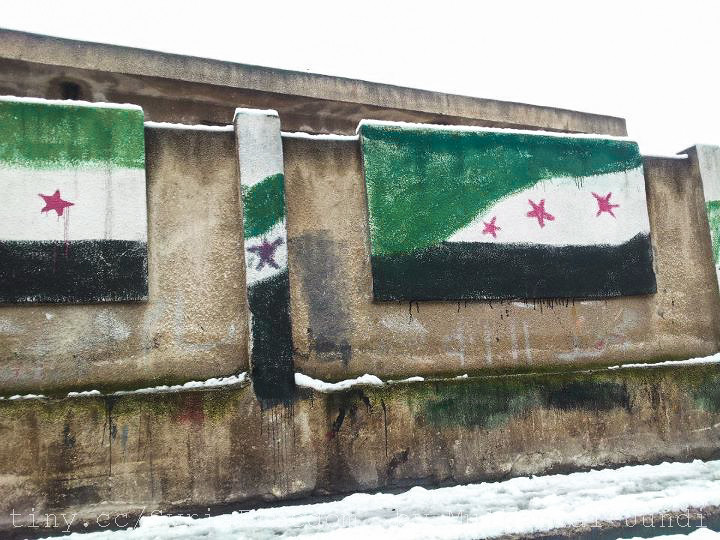Recently Updated Blogs
Aside from pre-registered tests such as the ESAT, TMUA, UCAT, STEP, and LNAT (about which you can find out more in our admissions test hub here), many Cambridge courses require college admissions assessments. These tests are set for candidates who have been shortlisted for interview, do not need to be…
Key Activities and Goals to Hit Over your Summer Holidays The summer holidays present a valuable opportunity for aspiring university applicants to make significant progress on their applications. With a well-structured plan and effective time management, you can use this period to conduct thorough research, engage in super-curricular activities, and…
If you’re sitting an admissions test (or two!) this autumn for your application to Oxford or Cambridge, it’s crucial that you get a few key dates into your diary, namely: registration opening, registration closing, and the date of the test itself! Jump to the test(s) you are taking to note…
We spend a lot of time discussing and advising on admissions tests for Oxford and Cambridge applicants, but what about other top UK universities? In this article, our University Admissions experts go through the main UK university admissions test and how they can help your application to universities other than…
Most Overused Personal Statement Topics Whilst consulting ‘the classics’ of your subject is important for getting a well-rounded overview, applicants often risk packing their personal statements with the same resources or topics as every other applicant. Our expert consultants have spent years advising thousands of applicants on their personal statements,…


 Discussing the history of Syria, and how the country has evolved would be an interesting topic of discussion, and would explain the tensions in the country, but would take many hours. Instead, we will make our beginning here…
Discussing the history of Syria, and how the country has evolved would be an interesting topic of discussion, and would explain the tensions in the country, but would take many hours. Instead, we will make our beginning here…
